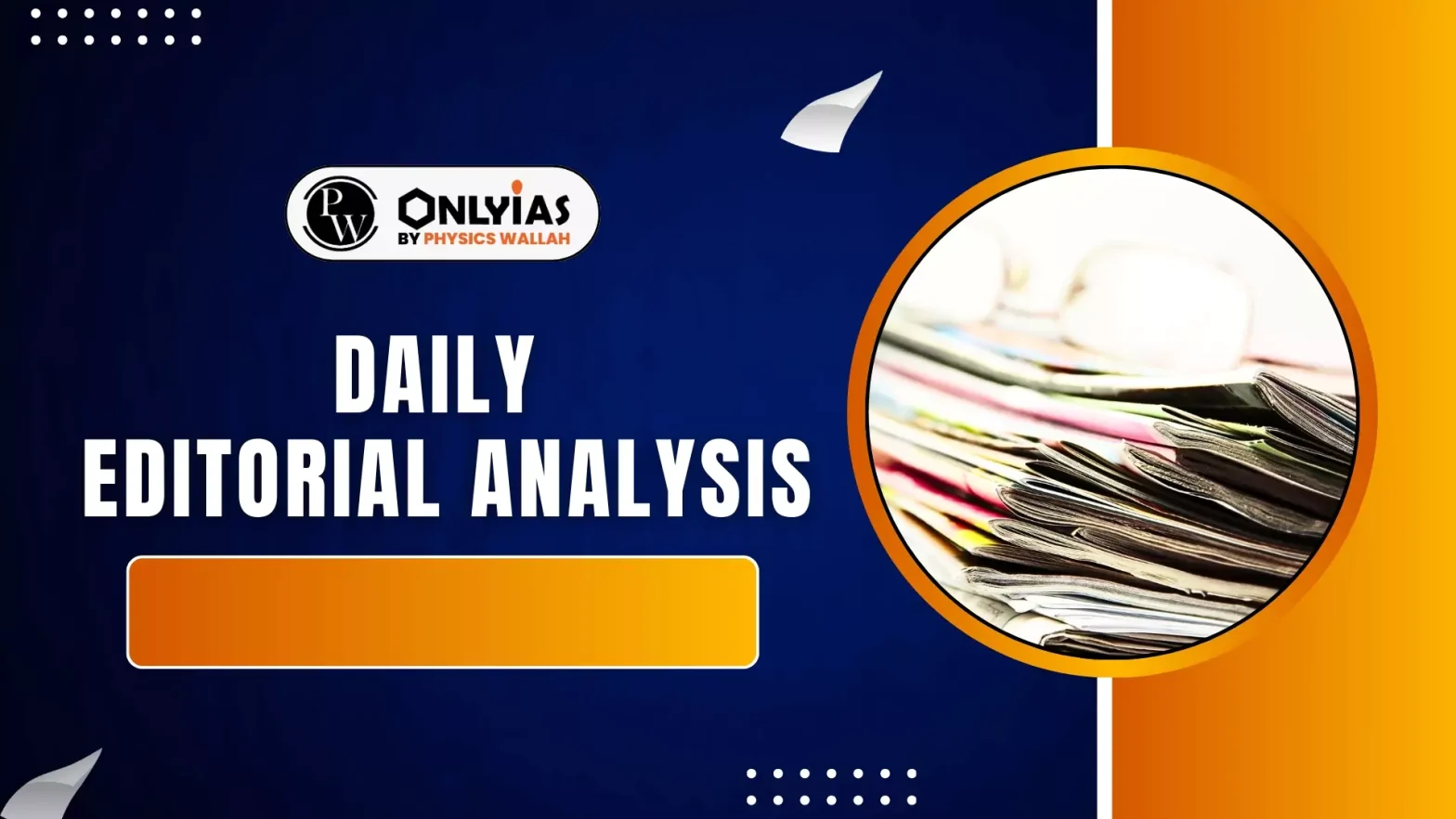![]() 22 Oct 2025
22 Oct 2025

Global mediation is witnessing a power shift — from Western dominance to emerging middle powers and regional actors.
India’s experience and credibility position it well to emerge as a neutral and trusted mediator in an increasingly multipolar world.
| Mains Practice |
|---|
<div class="new-fform">
</div>
